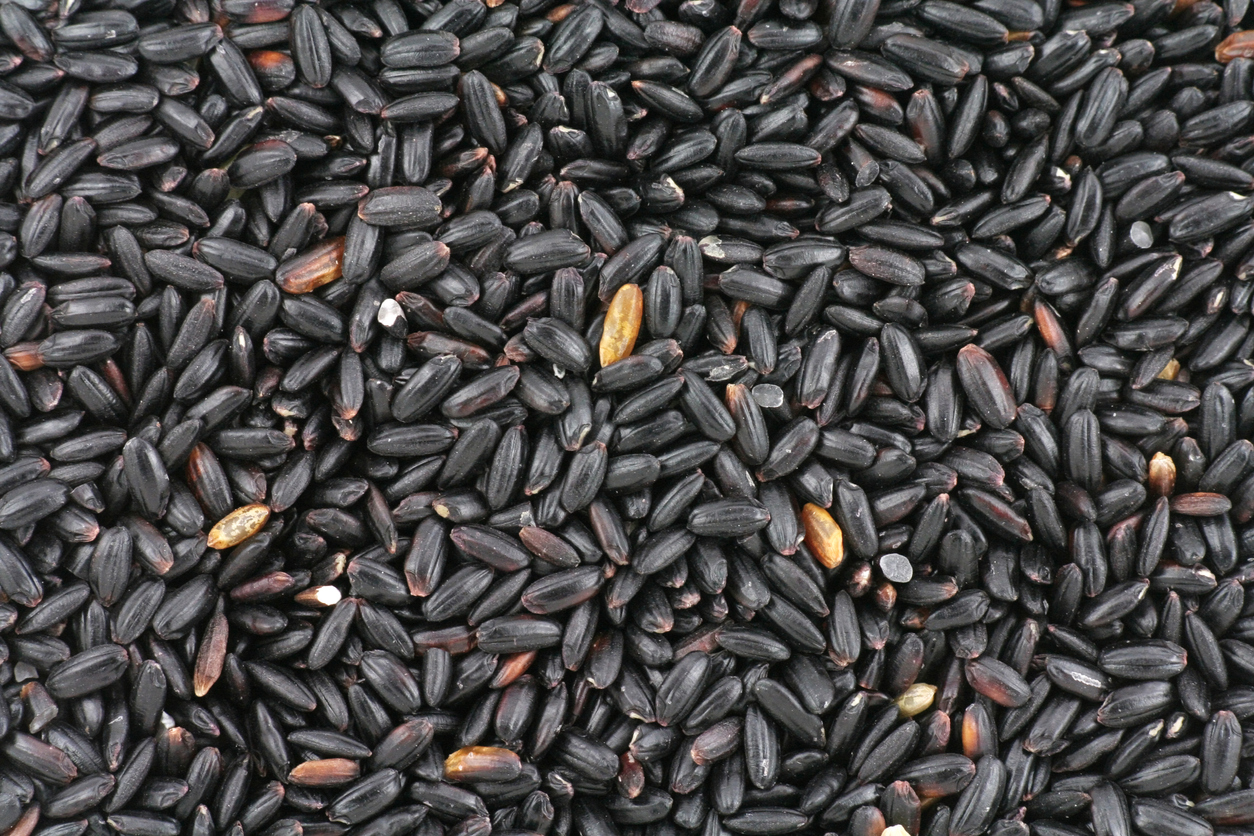
CRISPR-Cas9 Used to Alter Anthocyanin Production in Black Rice
November 6, 2019| |
Researchers from Hankyong National University, South Korea, edited three rice genes (OsF3′H, OsDFR and OsLDOX) involved in anthocyanin production. Modifying a trait using CRISPR-Cas9 mutagenesis has been proven to provide advantages in identifying gene function and crop improvement. The results of the gene editing are published in Plant Biotechnology Reports.
The findings revealed that the ratio of the edited plants in the transformed early generation was 57 percent. The edited mutant lines were found to exhibit changes in the seed color and anthocyanin content. Furthermore, all mutations were stably inherited to the second offspring generation. The transfer DNA was undetected in the first offspring generation as well as the backbone sequences in the whole genome resequencing.
Based on the results, CRISPR-Cas9 can be useful in inducing gene-specific mutations and the mutants are highly similar with non-GMO plants.
Read more in Plant Biotechnology Reports.
| |
You might also like:
- Scientists Reveal Why Black Rice is Black
- Pocket K No. 54: Plant Breeding Innovation: CRISPR-Cas9
- Pocket K No. 37: Biotech Rice
Biotech Updates is a weekly newsletter of ISAAA, a not-for-profit organization. It is distributed for free to over 22,000 subscribers worldwide to inform them about the key developments in biosciences, especially in biotechnology. Your support will help us in our mission to feed the world with knowledge. You can help by donating as little as $10.
-
See more articles:
-
News from Around the World
- Golden Rice Hailed As One of PMI's Most Influential Projects of the Last 50 Years
- Pumpkin Genomes Reveal Uncommon Evolutionary History
- Scientists Double Sorghum Grain Yields by 200%
- Researchers Discover ‘KARAPPO' Gene, Reveals How Plants Reproduce through Cloning
- New Book on Science of Communicating Science Published
- EU to Face Economic Disaster if GMO is Banned, Food Safety Commissioner Says
-
Research Highlights
- Increase in Maize Yield Results from Overexpression of Single Gene
- Long-read Sequence Technology Used to Find Genes for Improvement of Watermelon Traits
-
Plant
- CRISPR-Cas9 Used to Alter Anthocyanin Production in Black Rice
- Bacterial Blight Resistant Rice Developed thru Genome Editing
-
Read the latest: - Biotech Updates (January 21, 2026)
- Gene Editing Supplement (December 17, 2025)
- Gene Drive Supplement (February 22, 2023)
-
Subscribe to BU: - Share
- Tweet

